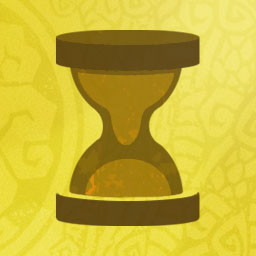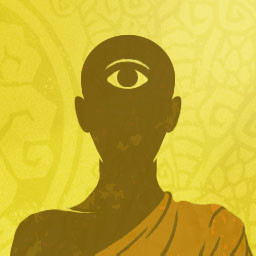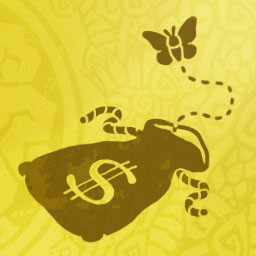Install Steam
login
|
language
简体中文 (Simplified Chinese)
繁體中文 (Traditional Chinese)
日本語 (Japanese)
한국어 (Korean)
ไทย (Thai)
Български (Bulgarian)
Čeština (Czech)
Dansk (Danish)
Deutsch (German)
Español - España (Spanish - Spain)
Español - Latinoamérica (Spanish - Latin America)
Ελληνικά (Greek)
Français (French)
Italiano (Italian)
Bahasa Indonesia (Indonesian)
Magyar (Hungarian)
Nederlands (Dutch)
Norsk (Norwegian)
Polski (Polish)
Português (Portuguese - Portugal)
Português - Brasil (Portuguese - Brazil)
Română (Romanian)
Русский (Russian)
Suomi (Finnish)
Svenska (Swedish)
Türkçe (Turkish)
Tiếng Việt (Vietnamese)
Українська (Ukrainian)
Report a translation problem



 Burnie, Tasmania, Australia
Burnie, Tasmania, Australia 



























● 🐔turtle @ Bombsite A ● (RADIO): Fire in the hole!
+$3250: Team award for eliminating the enemy team.
● 🤾turtle @ Connector ● (RADIO): Smoke Out!
turtle : why do i keep killing my teammates
American Literature
20 November 2017
Concerning The Bluest Eye and Notes from the Underground
Inclusion and acceptance in society is necessary for the human psyche. Some individuals, while still living in and seemingly participating in their community, either seek or are forced into isolation. In Fyodor Dostoyevsky’s Notes from the Underground, the Underground Man, a self-proclaimed man of acute consciousness, has dug himself into a “social underground”, steeping in and examining his nihilism. While in Toni Morrison’s The Bluest Eye, Pecola innocence fails to claw her out of her societal subordination, having been born “ugly”, black, and to a dysfunctional family
https://www.youtube.com/watch?v=7s8wjlKtjkM&t=400s